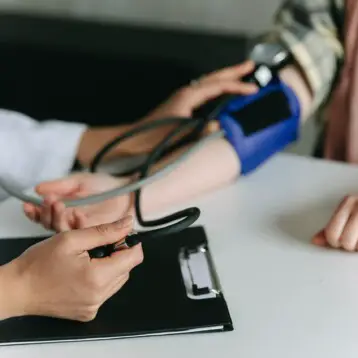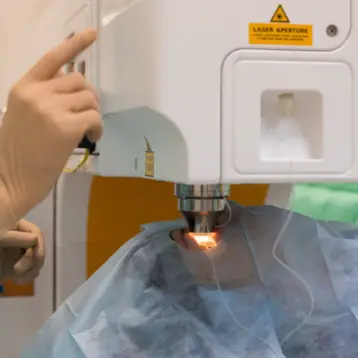Bacteriophages or in short phages are groups of viruses that infect specific bacteria. These viruses have been used against bacteria for a long time, especially in Russia and in other East European countries. Recently, a group of researchers from the Harvard-MIT Division of Health Science and Technology developed a method of creating a phage that can attack a specific bacteria’s biofilm in a “cut and paste” manner, making the bacteria more vulnerable to the phage.
The new method developed by the scientists involves genetic engineering of a bacteriophage that is known to attack a certain bacteria so that the gene for an enzyme known to attack the specific bacteria’s biofilm is expressed at a certain time in the infection course. Using this method it is possible to engineer a specific phage for specific bacteria.
|
The phage is designed so that the expression of the enzyme capable of attacking the biofilm will occurr after some bacteria are infected, creating a two-pronged attack strategy- viruses infect the bacteria while the enzyme breaks the biofilm. At first, a small number of bacteria are infected and upon lysis of the phages (the point when the viruses kill the host and spread) the enzyme is active and attacks the biofilm’s membrane, making infection of the other bacteria easier.
In experiments carried out on the E. Coli Bacteria, the T7 Phage, known to infect E. Coli, was engineered so that it expressed a specific gene called DspB. This gentecially engineered T7 Phage killed 99.997% of the bacteria present, 4.5-fold more than the plainT7 Phage.
The new method may help scientists create new medicine against pathogenic bacteria. The benefits of this development include the ability to specifically target a bacteria and the high chances of its destruction. More information about the research can be found on the MIT website.










